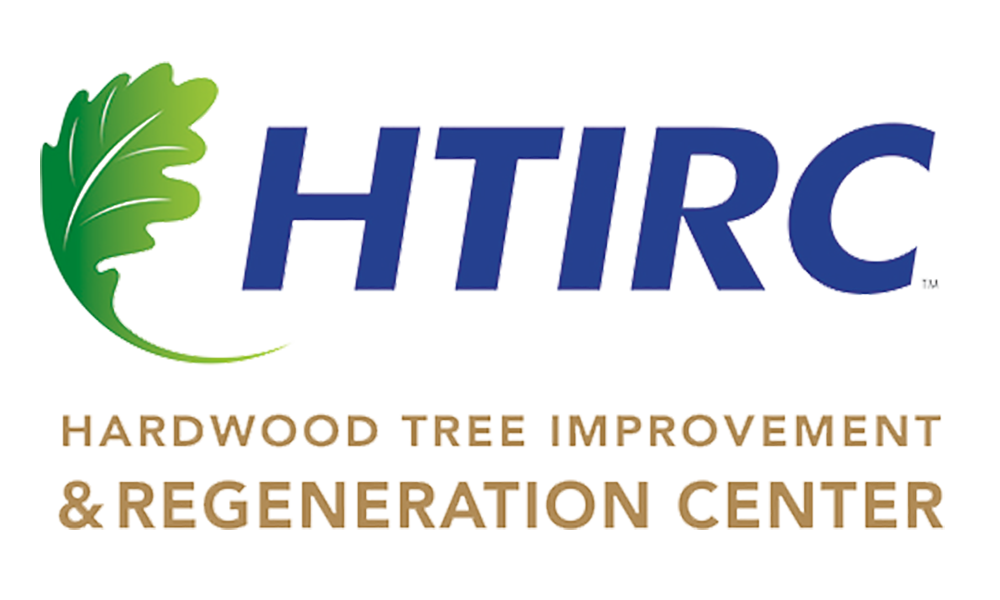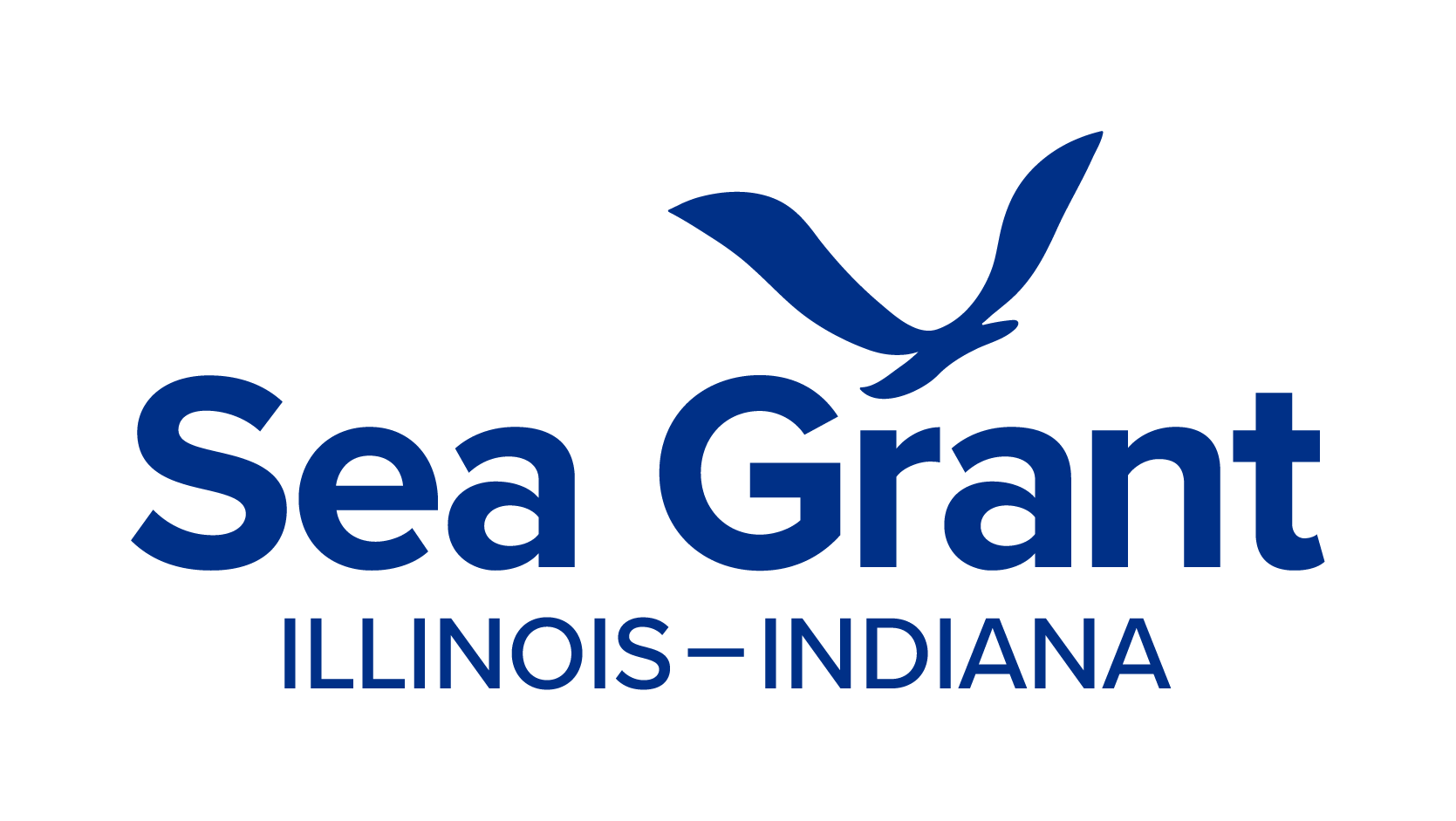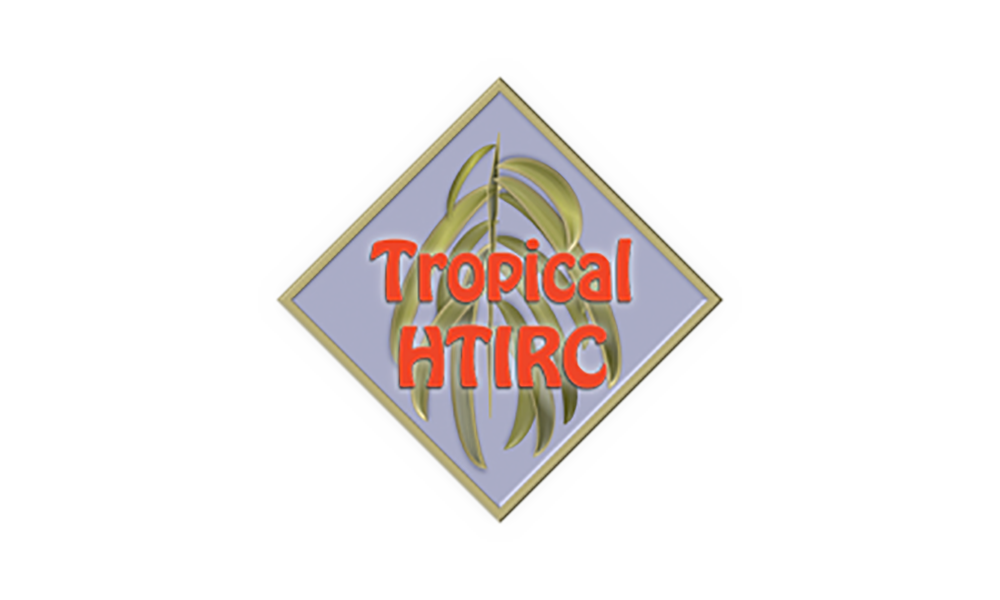Allied Research Centers

Center for Global Soundscapes
The Discovery Park Center for Global Soundscape’s mission is to support discovery, learning and engagement activities that lead to the preservation of Earth’s natural acoustic heritage. From soundscapes in the desert, the tropics, to vernal ponds of the estuaries and the planet’s megacities, the Center for Global Soundscapes is advancing our knowledge of nature and society. Director: Dr. Bryan Pijanowski.

Hardwood Tree Improvement and Regeneration Center (HTIRC)
The mission of the HTIRC is to advance the science and application of tree improvement, management and protection of hardwood forests, with emphasis in the Central Hardwood Forest Region (CHFR). With 15 plus partners this research includes: developing hardwood (oak and walnut) molecular markers for use in determination of genetic quality and population structure of current natural forests and plantations; developing vegetative and tissue culture propagation technologies for use in genomics research and mass propagation systems for superior trees; developing nursery guides for production of quality seedlings and forest management guides for regeneration and reforestation of degraded agricultural land and riparian zones; and conducting research on breeding and selection programs for black walnut, black cherry and northern red oak. Director: Dr. Matt Ginzel.

Illinois-Indiana Sea Grant Program (IISG)
IISG research, outreach and education efforts bring the latest science to southern Lake Michigan residents and decision makers and empower them to secure a healthy environment and economy. IISG continues to be a leader in the region on aquatic invasive species control, pollution prevention and Great Lakes literacy, and has developed decision tools that help communities grow while protecting natural resources. Director: Dr. Stuart Carlton

Tropical Hardwood Tree Improvement and Regeneration Center (TropHTIRC)
The TropHTIRC is a collaborative research, development and extension partnership. Established in 2010, TropHTIRC’s mission is to advance the science of tropical hardwood tree improvement, regeneration, and conservation genetics. Our goal is to develop and disseminate knowledge to foster sustainable tropical hardwood forestry, production of forest products, restoration, and maintenance of genetically diverse ecosystems. We work with a diversity of partners to increase knowledge and develop strategies for breeding, conservation, utilization, silviculture and marketing of tropical hardwoods. Director: Dr. Doug Jacobs.
Find out more about our Partners
We relish sharing our partners in Purdue FNR News & Stories, alongside showcasing all they do for FNR and our students in social media, @PurdueFNR.
FNR News & StoriesLearn More About Our Research
FNR is organized and staffed to deliver programs addressing the land-grant mission of learning, discovery and engagement in natural resources. The department boasts 31 tenure-track, two clinical and two research faculty members. Faculty expertise covers the core disciplines to deliver undergraduate degrees in Aquatic Sciences, Forestry and Wildlife. In addition, FNR faculty have strong expertise in interdisciplinary ecology, natural resources social science and wood products.
View our nine research areas along with our world-class faculty.
The Department of Forestry and Natural Resources maintains an impressive collection of state-of-the-art research and education facilities. These labs, green houses, and educational facilities are a fundamental component that enables our faculty and students to learn, make new discoveries and engage our clients in using these discoveries to sustain our nation’s ecosystems and natural resources.
The mission of the Department of Forestry and Natural Resources is to develop and disseminate knowledge in the natural resource sciences associated with the protection, management, and sustainable use of terrestrial and aquatic ecosystems. One way the department accomplishes our mission is by owning and managing 24 properties located throughout the state to provide opportunities for research, extension and education that achieves sustainable use of our natural resources.
